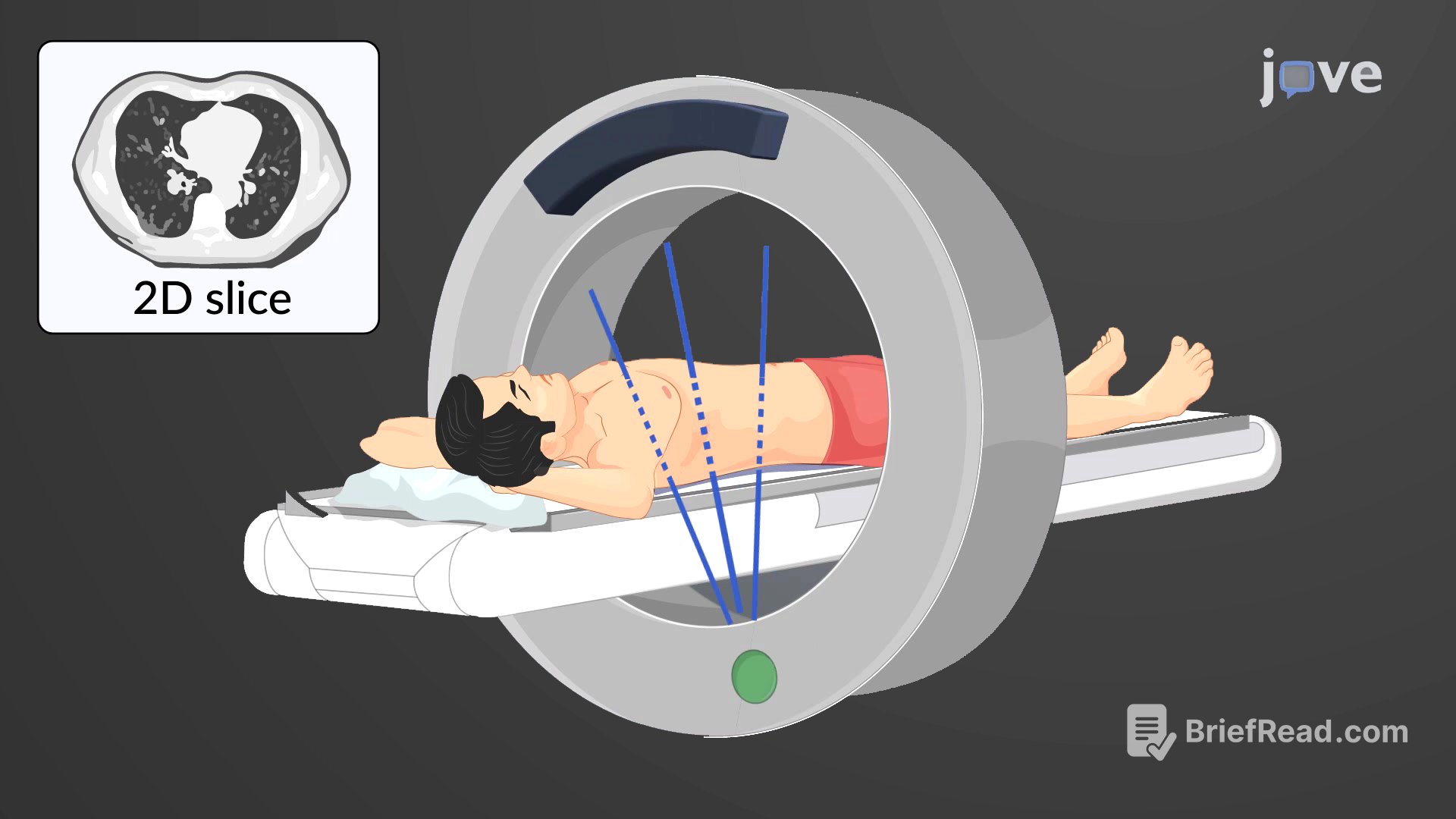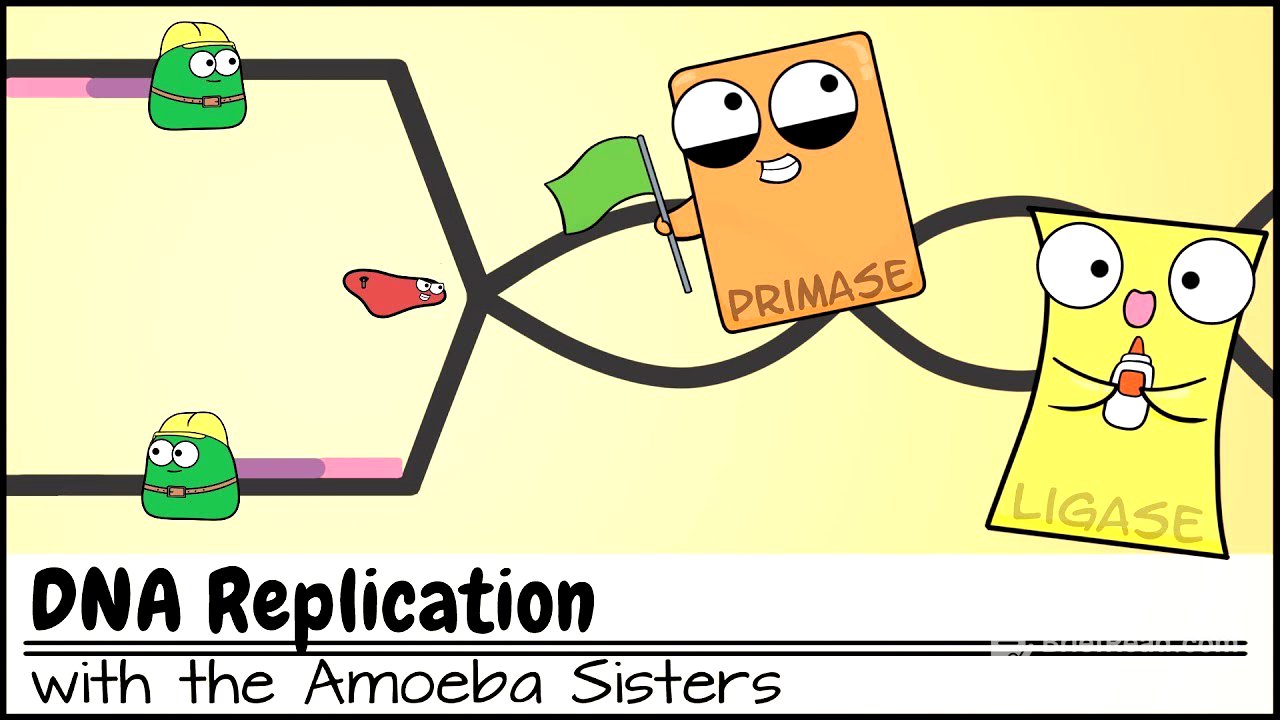TLDR;
This video discusses the increasing role of the "Bank of Mom and Dad" in financing their children's lives, covering mortgages, living expenses, and early inheritances. It highlights the advantages and disadvantages of this trend, including the impact on parents' retirement, children's independence, and broader societal inequalities. The video also touches on financial instruments like reverse mortgages and the implications for future generations.
- Parents are increasingly funding their adult children's expenses.
- Early inheritances are becoming more common, offering advantages but also potential drawbacks.
- This trend exacerbates financial inequalities and affects decisions about starting families.
Introduction: The Bank of Mom and Dad [0:00]
The "Bank of Mom and Dad" has become a significant financial institution, ranking as the seventh-largest mortgage lender in the US in 2019. Parents are not only helping with down payments but also providing monthly support for living expenses. This financial assistance extends to various needs, including groceries, medicine, and even vacations. However, this trend raises concerns as parents are contributing more to their children than to their own retirement, potentially leading to financial strain for both generations.
The Scope of Parental Financial Support [0:31]
Parents are funding their adult children an average of $1,474 a month for basic living expenses. Even millennials over 30 receive nearly $900 a month on average. This level of support is concerning because parents are often contributing more to their children's needs than to their own retirement savings. The financial assistance from parents has become more complex, involving equity releases, finance guarantees, and specific terms and conditions.
The Impact on Young Adults and the Economy [1:36]
Over 50% of 18 to 29-year-olds still live with their parents, highlighting the reliance on parental support. This support is crucial for many young adults to afford basic necessities like housing, transportation, and food. The absence of this support network can lead to significant financial challenges, forcing individuals to rely on high-interest debt to cover essential expenses. Even small advantages, like a safety net provided by parents, can significantly impact career opportunities and financial stability.
The Role of Nepotism and Generational Wealth [3:48]
Economist Peter Teman suggests that breaking the cycle of poverty now takes at least 20 years. The advantage of nepotism depends on a family's financial status before the 1970s, when wage growth began to lag behind productivity growth. Before this period, it was easier for professionals to accumulate equity in assets and real estate. Today, debt has become a tool for those without assets to keep up, while those with assets use debt to increase their equity.
Sponsor Message: ODO [5:16]
ODO is a business management platform that integrates sales, CRM, inventory, accounting, and website building. It streamlines business processes and simplifies website creation without requiring coding knowledge.
Reverse Mortgages and Early Inheritance [6:14]
Wealthy parents are increasingly using complex financial methods to help their children, including home equity conversion mortgages (reverse mortgages). These mortgages allow elderly homeowners to borrow against their home equity without making repayments until the property is sold or they die. While reverse mortgages have high rates and fees, they are becoming popular as a way for parents to provide early inheritance to their children. Banks like Merrill Lynch have even created planning teams to manage this trend.
Advantages and Considerations of Early Inheritance [8:22]
Early inheritance allows parents to see their children enjoy the money and can have a greater impact on their opportunities compared to inheritances received later in life. A University of Pennsylvania survey indicated that most people would prefer to receive $250,000 at age 30 rather than $1 million at age 50. Early cash injections can help with buying a first home, paying off student loans, and raising a family. However, recipients often make quick, impulsive purchases, such as buying a new car within 19 days of receiving the inheritance.
Conditions and Consequences of Parental Support [10:03]
The Bank of Mom and Dad often provides in-house financial advice, sometimes with conditions attached to the financial assistance. These conditions can range from pragmatic financial advice to personal rules about relationships, career, and family planning. While it may be hard to sympathize with those receiving financial assistance, these advantages are difficult to compete with, even with a high income. This support can perpetuate financial inequalities and make major life milestones more expensive for everyone.
The Broader Impact and Future Implications [11:16]
The increasing reliance on parental financial support is a self-perpetuating problem. As more parents provide financial assistance, the cost of major life milestones, such as college and homeownership, increases. This trend also affects decisions about starting a family, as people feel they need more financial security to support both themselves and their children. The video concludes by suggesting that making it easier for young people to support themselves is crucial to scaling back the Bank of Mom and Dad.









